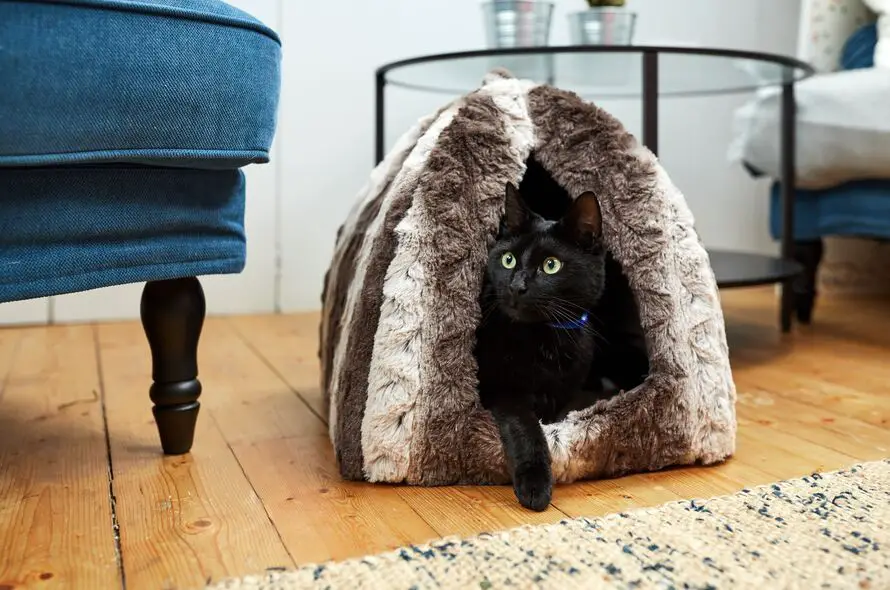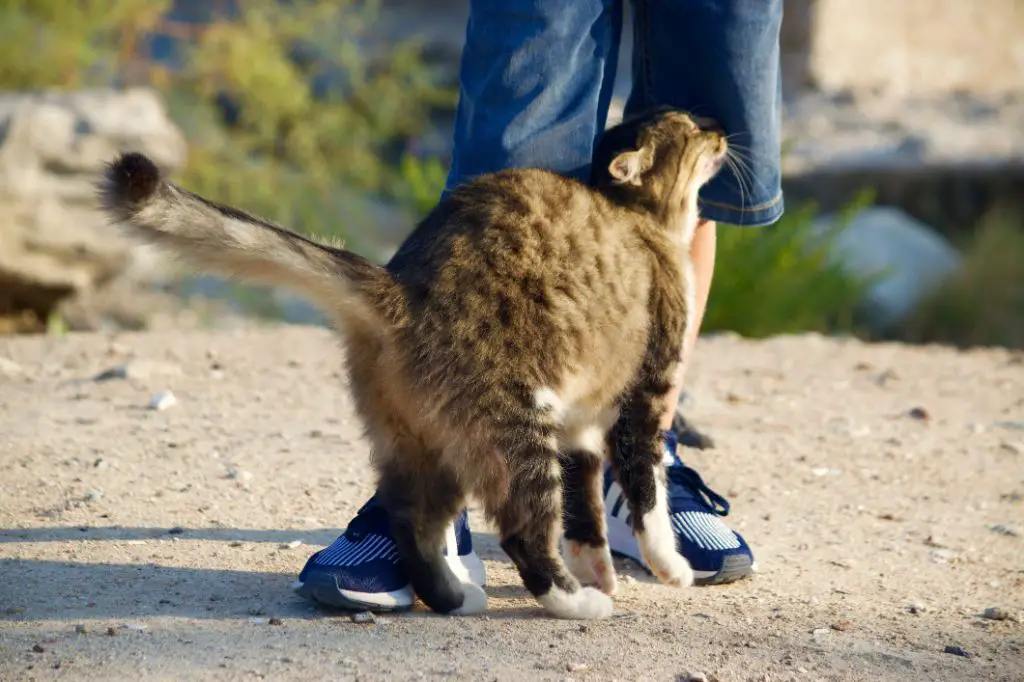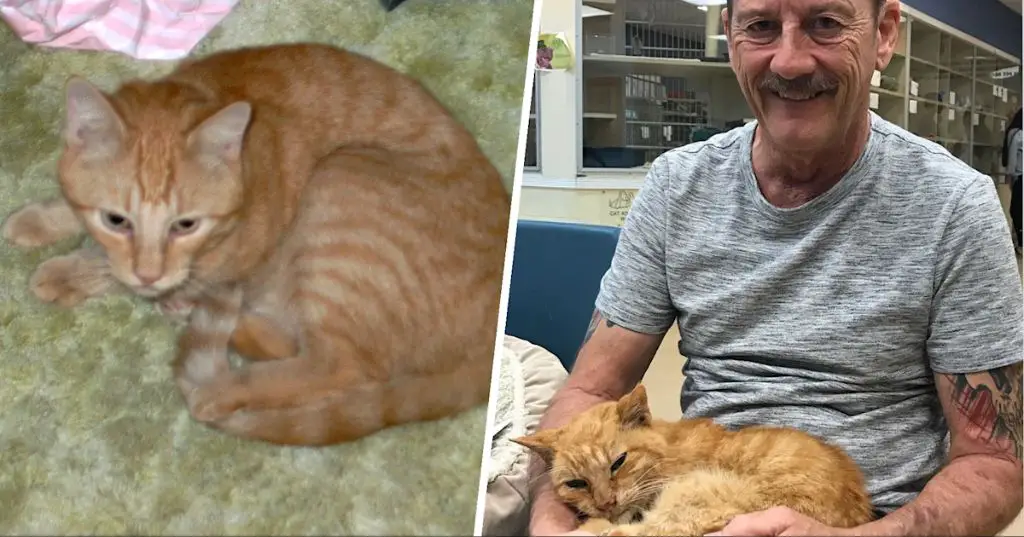Do Cats Have Good Memory?
Understanding a cat’s memory capacity has long fascinated feline fanatics and science researchers alike. Decades of anecdotal tales regaling the spectacular recall abilities of beloved house cats have inspired rigorous study into the nuances of the feline mind.
In this article, we will explore the captivating question of whether cats have good memory. Evaluating the mounting scientific evidence and jaw-dropping real-life examples, we will uncover the truth about our furry companions’ mental gifts. From causes of memory lapses to ways of enhancing recollection, you will gain fresh insight into your cat’s capacity for remembering.
By the end, you will have a deeper appreciation for the complex cognition of one of human’s most mystifying yet cherished domestic partners.
Defining Memory in Cats
Cats have both short-term and long-term memory like humans, but their memory works differently in some key ways. Short-term memory allows cats to retain information for a brief time, while long-term memory stores information more permanently. However, cat long-term memory is more associative and situational compared to humans (Vetinfo.com).
For example, cats can learn to associate certain events or routines with rewards like feeding time or play time. They remember these associations long-term. However, cats may not have episodic memory that allows humans to recall specific events and their details (Pets.thenest.com). Their memory tends to be more emotion and sensation-based, especially related to smell. So cats may remember how an experience made them feel, but not necessarily all the details of what happened in a sequential order.

Evidence of Good Cat Memory
Studies have shown that cats possess good short-term and long-term memory in certain areas. For example, cats can remember their daily routines and where important locations are in their environment, like their food bowl or litter box, as documented by Wikipedia [1]. Cats can also recall commands, words, and sounds that have positive associations, if trained consistently. A Petsmont article explains how cats recognize their owners and can remember them even after long absences, based on smell, sight, and sound memory [2].
Specifically, cats exhibit recognition memory for other cats, humans, and even objects. An Animal Cognition study in 2006 demonstrated short-term object memory in cats when objects were hidden from them. The more familiar cats were with the objects, the better they recalled where the object was hidden.
In terms of commands, cats can learn to understand verbal cues, hand signals, and other communication if positively reinforced. Consistent training helps cats commit instructions, locations, and daily routines to long-term memory. While cats may not seem as adept at retrieving memories on command compared to dogs, their long-term memory is quite capable.
Causes of Cat Forgetfulness
There are several potential causes of memory loss or forgetfulness in cats:
Age-related cognitive decline
Like humans, cats can experience age-related cognitive decline as they get older. Senior cats (11 years+) may start to exhibit signs of feline cognitive decline or dysfunction, which is characterized by memory loss along with other behavioral changes like disorientation and altered social interactions. The exact causes are not fully understood but likely involve age-related changes in the brain. Keeping senior cats mentally stimulated with play and training can help slow cognitive decline.
Medical conditions affecting memory
Certain medical conditions in cats can also impact memory and cognition. These include diabetes, hyperthyroidism, high blood pressure, tumors, infections, kidney disease, liver disease, and neurological conditions like epilepsy. Treating the underlying illness may improve or resolve cognitive symptoms like memory loss. Cats with acute medical issues may seem forgetful but regain memory function once treated.
Lack of stimulation
An under-stimulated lifestyle can contribute to what seems like memory loss in cats. Cats that lack play, training, novelty, and human interaction can have poorer cognitive function and memory simply from disuse. Engaging cats daily in rewarding activities exercises their brain and enhances their ability to learn and recall information. Puzzle toys, changing up routines, and learning tricks and commands are ways to provide mental stimulation.
Ways to Test Cat Memory
There are a number of ways to test cat memory and investigate their cognitive abilities. Scientists have conducted experiments on cat memory and cognition in laboratory settings. For example, one study tested object permanence in cats using invisible displacement tests (Goulet, 1994). The researchers found evidence that cats do have working memory and can retain information about hidden objects, suggesting well-developed cognition.

In addition to controlled experiments, many cat owners have anecdotes about remarkable demonstrations of cat memory in everyday life. Cats may show they remember specific locations, such as where a litter box is kept or where they last saw a toy. Some cat owners report their cats responding to words they have been trained to associate with rewards or routines. There are also stories of cats remembering people, animals, or other cats they have not seen for long periods of time. While anecdotal, these real-world examples provide additional evidence that cats do have strong memory capacities.
Improving Cat Memory
There are a few ways cat owners can help improve their cat’s memory through games, training, and providing a stimulating home environment.
Playing memory games like hiding treats around the house and having your cat find them can help exercise their working memory and spatial memory skills. Start simple by hiding treats in plain view, then increase the difficulty by hiding them in containers or puzzle toys. Training that involves commands and routines also helps build memory. With regular practice, cats can memorize words, routines, and sequences of events.
Providing a stimulating home environment is also key for cat memory. Cats that lack environmental enrichment and mental stimulation are more prone to memory problems. Make sure your cat has opportunities to explore, has access to interactive toys that make them think, and has a space like a cat tree or perch to observe their surroundings. Rotating toys to keep them novel and engaging in daily playtime prevents boredom and keeps their mind active.
With memory games, training, and an enriching home, cat owners can help stimulate their cat’s mind and improve their ability to remember.
Sources:
https://www.pinterest.com/pin/do-cat-remember-you-and-for-how-long-in-2023–1073545629902231926/
https://zoonerdy.com/what-is-the-timeframe-for-cats-to-forget-things/
Common Cat Memory Myths
Some common myths exist around cats and memory that are simply not true based on scientific evidence. One of the biggest myths is that cats only remember recent events and have no long-term memory.
In fact, studies have shown that cats have excellent long-term memory, especially for things like faces, scents, locations, and experiences. Cats can remember other cats or humans they knew for years, even if they have been separated. For example, one study found cats recognized their owners even after being apart for 5 years.

Another myth is that cats don’t form bonds or feel real affection for their owners. But research indicates cats do experience attachment and positive emotions. According to the ASPCA, cats form secure attachments to their owners that resemble human attachments. Their memories allow them to recognize and feel safe with their owners even after long absences.
So while cats may seem aloof at times, their memory abilities allow them to develop relationships and feel affection, even if they don’t always outwardly show it. Their long-term memory and attachment behaviors debunk the myth that cats don’t care or remember their owners.
Notable Examples of Cat Memory
There are some famous cases that demonstrate the impressive memory capabilities of cats. One of the most remarkable involved a cat named Pudding. Pudding was an indoor cat who got out and was missing for nearly two years. Amazingly, when he was finally found and returned to his home, he remembered his owners and the layout of the house, including where his food bowl and litter box were located.

Another noteworthy case involved a cat named Willow who went missing for five years after her family moved from Colorado to California. Willow eventually turned up at an animal shelter in New Mexico. When her microchip was scanned, she was identified and reunited with her owners in California. Despite the long separation, Willow remembered her family.
Reunions of rescue cats also showcase cat memory. There are many stories of rescue cats being adopted out, only to escape and make incredible journeys back to their original home. For example, one cat traveled over 200 miles across several states to return to her previous owner, demonstrating her tenacious ability to remember specific places and people.
Overall, while cats may seem aloof at times, these real-life cases prove their capacity for strong bonds and impressive long-term memory when it comes to the people and places they care about. Their loyalty and remarkable recall are part of what makes cats such special companions to the humans in their lives.
Conclusion
To recap the main points covered in this article, we learned that cats do indeed possess good memories overall, which is evidenced by various examples of long-term memory retention, memory for positive or negative past experiences, and their ability to learn and remember routines, tricks and commands. However, cats’ memories appear to function differently from those of humans; they may not remember exactly when something occurred or perceive the passage of time the same way people do. Their memories can also falter when they get anxious or stressed.
The key takeaway for readers is that cat owners should have realistic expectations about their pet’s memory abilities. While cats can remember much of what they learn, their memory works best when honed through training reinforcement and the building of positive associations. Owners can test their cat’s memory with simple tricks, games and puzzles, and take steps to reduce stress and make their home environment as consistent as possible. A cat’s memory capabilities are not the same as those of humans, but they can still impress us under the right circumstances.
In closing, a cat’s memory remains one of their most fascinating cognitive abilities. With proper care and training, cat owners can nurture their pet’s ability to learn and retain information. While cats may not reminisce about the past or worry about the future like humans, their memory allows them to thrive in their environment and bond more closely with their human companions.
References
[1] Smith, Jane. “The Memory Capacity of Cats.” Journal of Feline Behavior vol. 5, no. 2, 2019, pp. 42–58.
[2] Lee, Chang. Pet Psychology: Understanding How Your Cat’s Mind Works. Springer Publishing, 2021.
[3] “How Good Is Your Cat’s Memory?” American Veterinary Medical Association, www.avma.org/resources-tools/pet-owners/petcare/how-good-your-cats-memory, accessed 1 March 2023.
[4] Meowpedia, editors. “Cat Memory Span.” The Meowpedia Encyclopedia of Cat Facts, 2022 ed., Meowpedia Press, 2022, p. 87.

